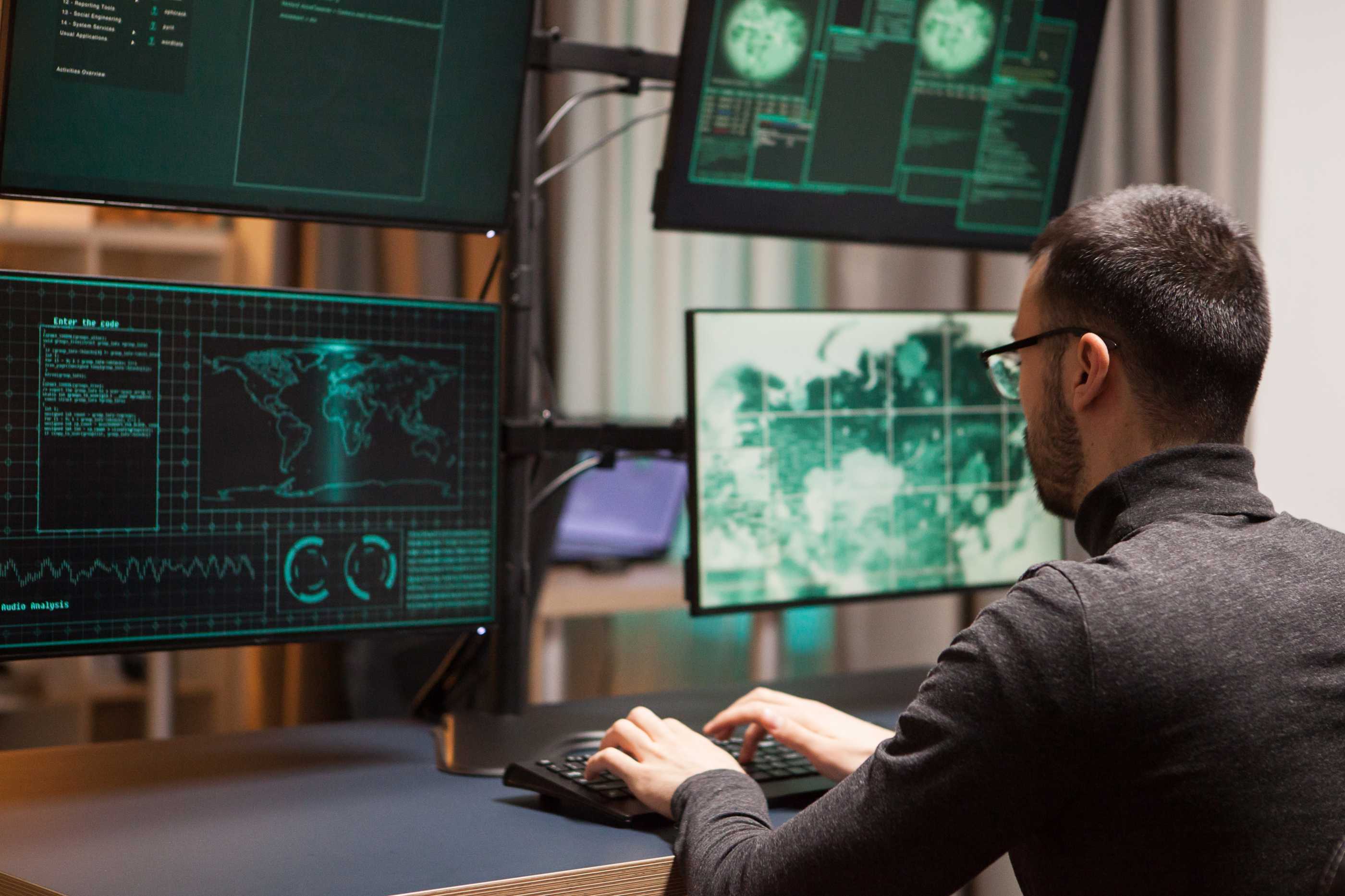What can your security team see on your work devices?
25th September 2025
We’re keeping an eye out for cyber threats, but that means we can see when you’re slacking too!
You may not always remember it, but security teams are constantly monitoring your devices. For you, this means the best detection and response to a possible breach; for us, it means we can see when you’re watching YouTube when you should be working!
To be clear, we’re not here to judge – we only share the information if you are doing something suspicious, illegal, or using technology that compromises security – but we wanted to remind you what we see and why it is important that we do:
Web browsing history: we can see what URLs you visit, how much time you spend on certain websites and what sort of site you are visiting (social, streaming, shopping).
Why: this is to ensure all the websites you are using are safe (and unlikely to contain malware).
Installed plugins and extensions: we monitor browser extensions and software installations.
Why: by doing this, we can prevent you from installing anything that might be harmful to your device, averting disaster before the worst happens.
Application use: we can tell what apps are opened, for how long, and background processes.
Why: we can make certain that the apps you are using are legitimate and unlikely to result in a breach.
File access and transfers: we know what files are opened, which have been edited, and which have been downloaded. If you plug in a USB device, we can tell, and we can also track any cloud storage interactions.
Why: this cloud, USBs or downloads can all be attacking vectors – we want to be certain that we can spot anything malicious coming through.
Email and messaging: we can look at company email content, metadata like timestamps and sender addresses and the use of unauthorised messaging platforms.
Why: we have alerts set for key terms, so if you receive a phishing email, we can move fast to intercept it.
Network traffic: we can look at IP addresses and domains that have been contacted, data volume transferred and VPN usage.
Why: if you’ve visited an untrusted domain, we need to know about it to respond to any potential threats quickly.
Login and access logs: we can see login times, locations, failed login attempts and privilege escalation attempts.
Why: this type of behaviour may indicate that someone is attempting to brute force their way into your account (or you’ve just forgotten your password again)!
Obviously we don’t look at everything, just anything that raises an alert or suspicion, but we hope you now have a better understand as to why we monitor devices so closely. By keeping an eye on what you do, we work to keep attackers and malware away from you.
We would advise that everyone uses their computers for work purposes only – your streaming binge can wait until you get home!
If you would like someone to be monitoring your business’ devices to protect against threats, contact Interfuture Security today.
YouTube: https://youtu.be/0QOMMT9H1og
